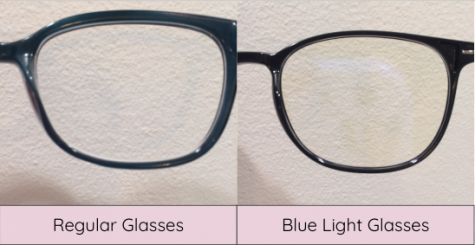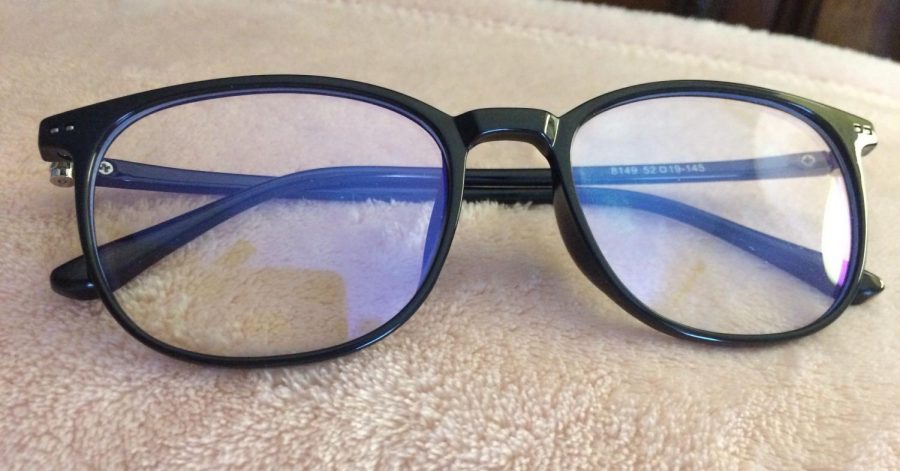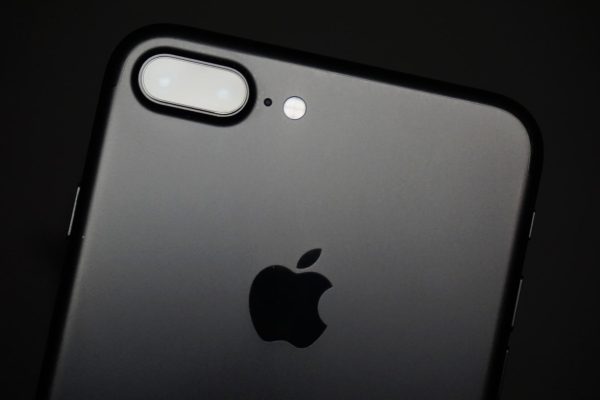Blue Light Glasses: Are They Worth It?
While blue light glasses are becoming more and more popular, no scientific evidence shows that they serve their purpose.
Blue light glasses have become increasingly popular. The question is: Do they really work, or are they just another trend?
Blue light glasses filter out the blue light that comes from electronic screens, such as computers, phones, tablets, etc. Blue light is said to cause eye problems, possibly even leading to blindness. But is this all true?
The scientific answer is no. No scientific studies have been shown to prove that blue light causes eye problems. According to the American Academy of Ophthalmology, “The amount of radiation coming from a computer has never been demonstrated to cause any eye disease.”
However, many users of blue light glasses have claimed that the glasses really do work. A survey was sent out to WCHS students, and 80% of those who replied said that they thought that blue light glasses were useful. When asked why one student said, “They save me from getting headaches after looking at my Chromebook/phone all day.” Another said, “They are helpful because they make looking at a phone or a computer screen easier to look at and helps you look at it longer so you can do more work.” So while blue light glasses aren’t proven to help prevent eye diseases, many users show that they can help reduce eye strain.

According to the American Academy of Ophthalmology, the better alternative to wearing blue light glasses is to follow these steps:
- Sit about 25 inches (arm’s length) from the computer screen. Position the screen so you are gazing slightly downward.
- Reduce screen glare by using a matte screen filter if needed.
- Take regular breaks using the “20-20-20” rule: every 20 minutes, shift your eyes to look at an object at least 20 feet away for at least 20 seconds.
- When your eyes feel dry, use artificial tears to refresh them.
- Adjust your room lighting and try increasing the contrast on your screen to reduce eye strain.
As can be seen, blue light glasses are not scientifically proven to reduce the risk of eye disease, but many users claim that the glasses serve their purpose. Whether or not they are worth it is up to you.

Victoria Korchuk is a freshman at Woodford County High School. This is her first year on The Jacket Journal. She loves to read all kinds of books and can...















